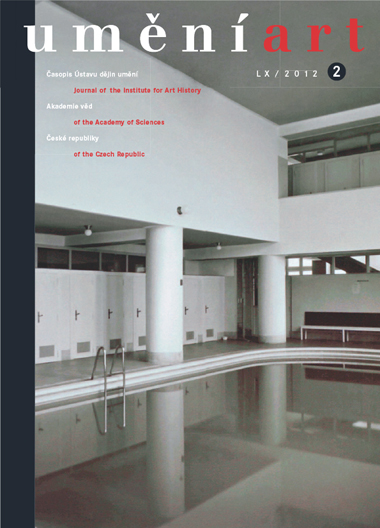Ingrid Ciulisová
Dvořák´s Pupil Johannes Wilde (1891-1970)
The study is concerned with Max Dvořak's pupil Johannes Wilde (1891-1970), who remains well-known as an illustrious scholar of Italian Renaissance Art. Wilde studied art history in Budapest, Freiburg im Breisgau, and Vienna. He completed his studies with Max Dvořák in 1918. In 1923 Wilde joined the staff of the Kunsthistorisches Museum. Daily contact with original works of art offered him the opportunity to study fundamental problems related to artistic materials and techniques. It should be noted that he was among the first to recognise the potential of X-radiography for connoisseurship. After the Nazi Annexation of Austria in 1938, Wilde and his wife, art historian Julia Gyarfás, left the country. In London he was able to study the collection of Michelangelo drawings at the British Museum and the catalogue he published in 1953 is one of his greatest scholarly achievements. Like Dvořák, Wilde was also an influential teacher and mentor. He taught generations of Courtauld students, including John Shearman, Michael Hirst, John White, Andrew Martindale, and Michael Kitson, all of whom became influential teachers and scholars. Through Wilde the legacy of Max Dvořák and Julius von Schlosser was transmuted into its own distinctive mode which came to be widely and internationally recognised. Wilde faithfully followed the tradition of the Vienna school of art history dating from Moriz Thausing and his student Franz Wickhoff who had conceived of connoisseurship as a specific scientific method. However, his study brought connoisseurship to a new, more analytical level. Wilde was among the first Viennese art historians to transcend the boundary between the humanities and sciences. He modestly shared his experience with his students at the Courtauld Institute.
Full-text in the Digital Library of the Czech Academy of Sciences:
https://kramerius.lib.cas.cz/uuid/uuid:1b01086c-9479-dc01-ee1c-20395632a7d4
< back

